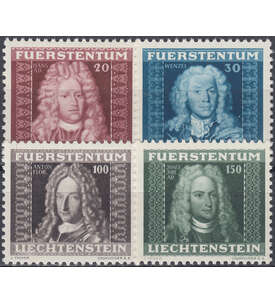Understanding Liechtenstein: A Unique European Principality

Introduction
Liechtenstein, a small landlocked principality nestled between Switzerland and Austria, is renowned for its picturesque scenery and vibrant economy. While often overlooked due to its size, this nation plays a significant role in European finance and politics, making understanding its unique characteristics critically relevant for those interested in European affairs.
Geography and Demographics
Spanning just over 160 square kilometres, Liechtenstein is one of the world’s smallest countries. It boasts an impressive mountainous landscape, comprised primarily of the Rhine Valley and the Alps. The principality is home to approximately 39,000 residents, with the capital city of Vaduz serving as the political and administrative centre. The official language is German, and the country enjoys a high standard of living, being one of the wealthiest nations globally, with a strong GDP per capita.
Economic Landscape
Liechtenstein’s economy is robust and stable, driven primarily by a diversified sector including finance, manufacturing, and services. The country is known for its attractive business environment, particularly for tax purposes, which has encouraged numerous international companies to establish headquarters there. Recent statistics from the Liechtenstein National Bank show that the financial sector contributes significantly to the nation’s GDP, accounting for around 30%. Furthermore, the principality benefits from a customs union with Switzerland, enhancing its accessibility for trade.
Political Structure
Liechtenstein operates as a constitutional hereditary monarchy, with Prince Hans-Adam II acting as the head of state. The political system allows for a unique blend of democracy and aristocracy, where the population actively participates in decision-making through referendums on various issues. Following a recent electoral cycle, the government expressed a commitment to maintaining its positive relations with neighbouring countries, especially concerning economic collaboration and environmental policies.
Cultural Highlights
Despite its size, Liechtenstein has a rich cultural heritage. The principality hosts a variety of events such as the annual Vaduz Film Festival and art exhibitions at the Kunstmuseum Liechtenstein. Its blend of Alpine tradition and modern influences delivers a unique experience for residents and visitors alike, allowing immersive engagement with both history and contemporary culture.
Conclusion
Liechtenstein may be small, but its significance on the European stage is undeniable. The principality’s economic stability, diverse culture, and unique political structure offer valuable insights into the dynamics of European microstates. As globalisation continues to expand, understanding the role countries like Liechtenstein play in the international arena becomes all the more crucial for those examining modern geopolitics.









